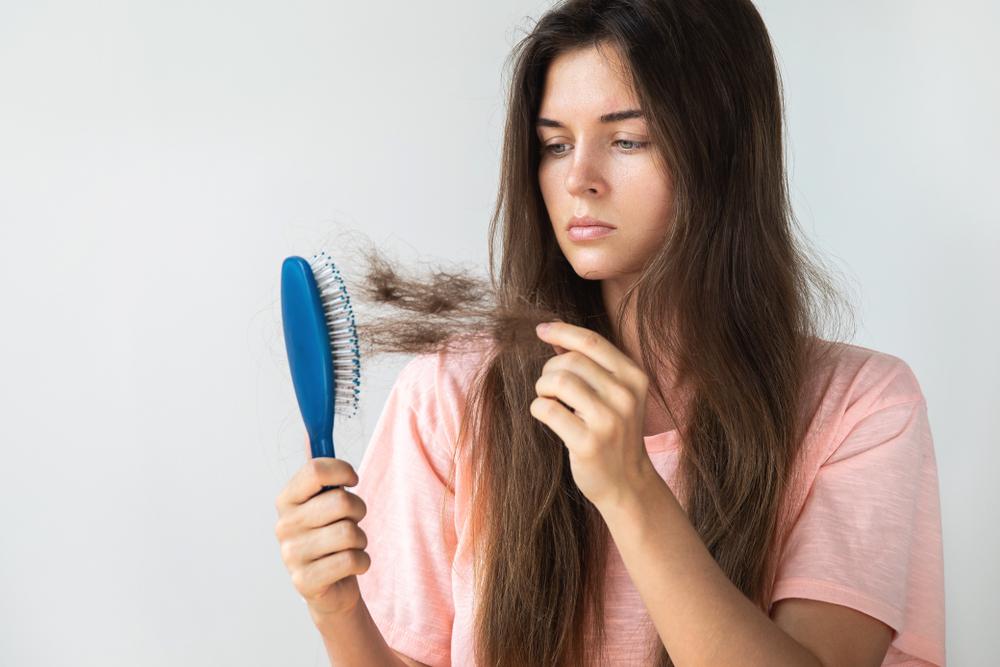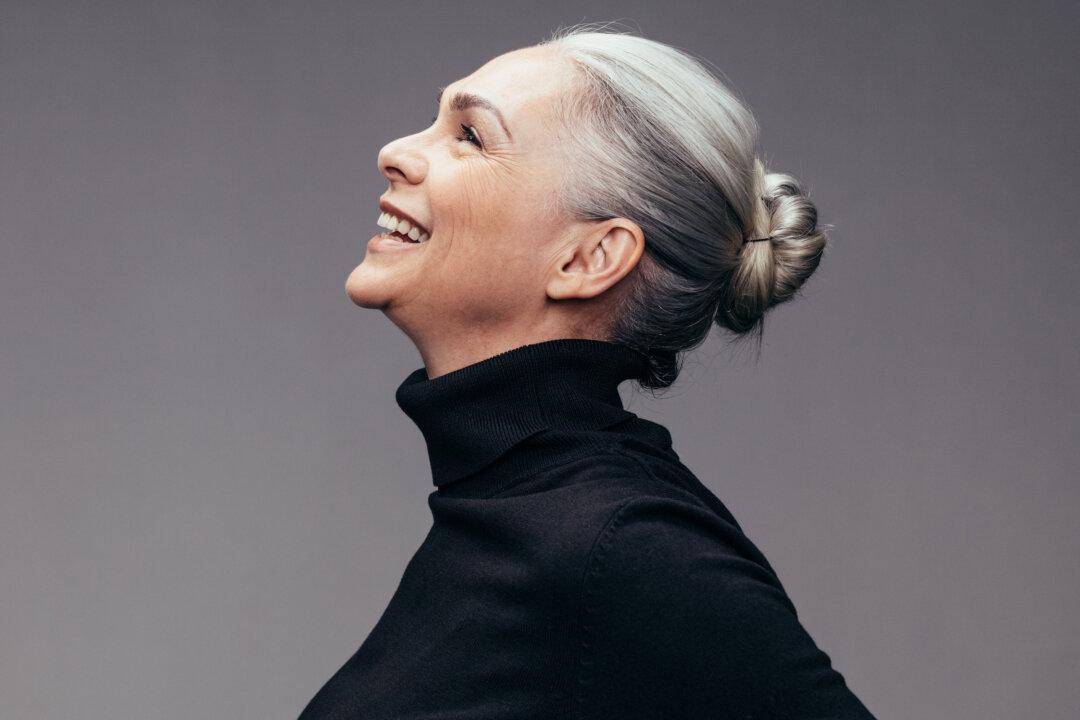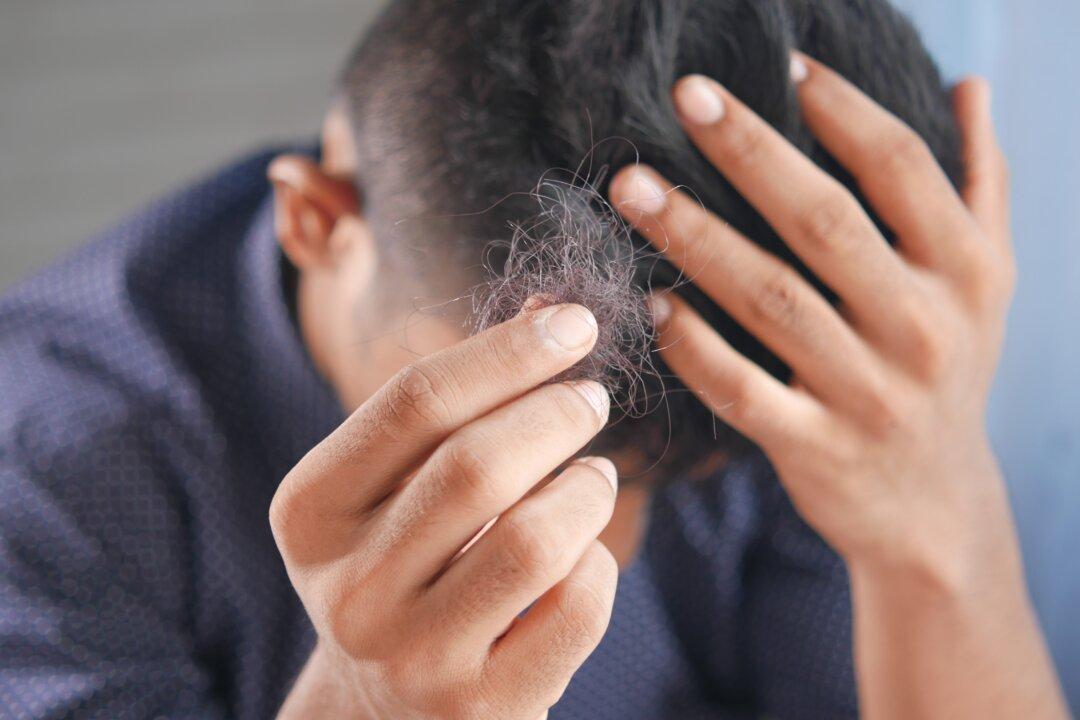Thinning hair has long been linked to the aging process. The older you get, the more likely you will experience at least some hair loss. Of course, it can also occur thanks to genetics, various medical conditions, and even chronic stress.

If you want to prevent hair loss, improve the quality of your fat consumption.iconogenic/Shutterstock
|Updated:



